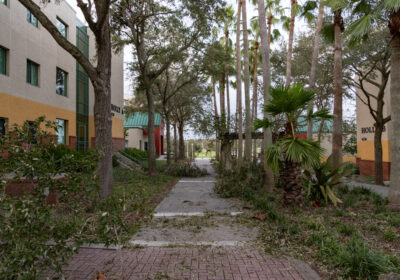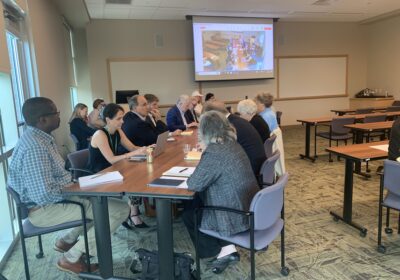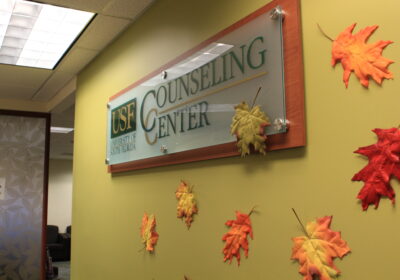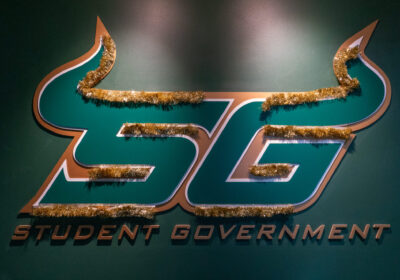Students have buyback options
When fall classes come to a halt and exam week trudges to a close, many students will jump at the opportunity to make a few extra dollars off their old textbooks.
USF students have a choice of several different venues, each with their own policies, to take their books and business.
Chris Byrne, a sophomore majoring in theater, said he takes his business where he thinks he can find the best deal – a mission that isn’t always successful.
“I’ll usually call a couple of stores or take my books there, just to check out where I’ll benefit the most before turning them in,” he said. “I still feel like getting a decent amount (of money) back for selling textbooks is a gamble.”
At the USF Bookstore, manager Bryan Bell said if a student wants to sell back a textbook that a professor will reuse for the following term, they will receive 50 percent of the book’s original cost.
“But if it’s not going to be adopted for the next term, then it’ll drop (in value),” he said. “We do have a wholesale company that will offer money for it, but it all depends on what the demand for the book is nationally.”
The campus bookstore only buys back a certain number of copies of any one textbook, Bell said. The number of copies that they need often determines how much they’re willing to pay back students.
“We encourage students to come back during finals because that’s when we have the most information about what books we need,” he said.
Students can also take their books to off-campus bookstores such as Book Holders, which is located on the corner of Fowler Avenue and Bruce B. Downs Boulevard, and Gray’s College Bookstore, which is located in a plaza on the corner of Fletcher Avenue and Bruce B. Downs Boulevard.
Lindsay Decker, textbook manager for Gray’s College Bookstore, said it also offers up to half of the original price for a textbook.
“We also base our sellback prices on how much we are going to sell the book for in the upcoming semester, or how much we have previously sold it for, depending on the demand,” she said “With older editions, we will usually look at the national scale or wholesale value.”
Book Holders allows students to sell their books for cash or place them in the consignment Advantage Program, said Ryna Luckert, the store’s marketing manager.
According to the Book Holders website, the Advantage Program allows students to attempt to sell their book at a price they set themselves or a suggested price determined by the bookstore. If another student purchases their book, they receive the amount of money for which it was sold. However, if the book is not purchased, they receive no money.
“With the Advantage Program, we determine the price of the book based on the highest amount that our books are selling for. Unlike other stores, students can also set their own price with this program and be very proactive,” Luckert said. “Bookstores have margins between buy and sell periods, and they also base their pricings on quantity. But we don’t have to look so much at local scales because we base our prices more on a national market.”
If students sell back the 9th edition of “Understandable Statistics,” a new statistics textbook that retails for approximately $183, they would receive $30 at the campus bookstore or $18 at Gray’s, according to the prices listed at each store.
At Book Holders, students could either receive $40 in cash for the book or consign it through the Advantage Program in hopes of receiving a sum of about $93.07, which is the average amount the book would sell for at the store.
For “Moral Issues in Business,” which currently costs $114 for a new copy, the campus bookstore will pay $35, while Gray’s will offer $34. The Advantage Program at Book Holders could earn students $51.17, or they could accept $28 in cash.
Nonetheless, regardless of the venue, some books may just be too old or worn to sell back.






